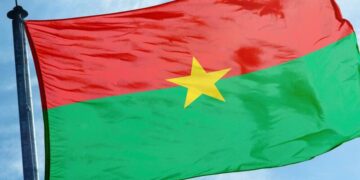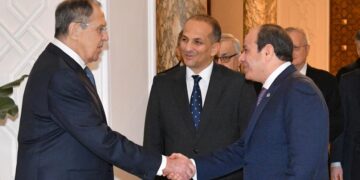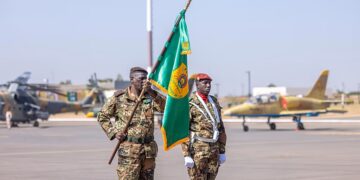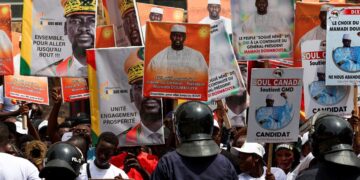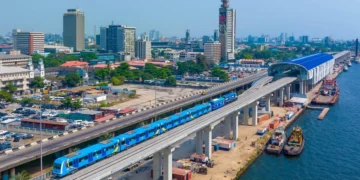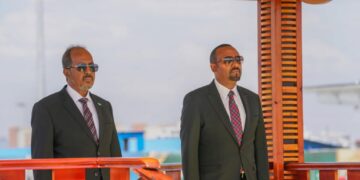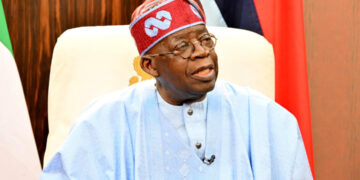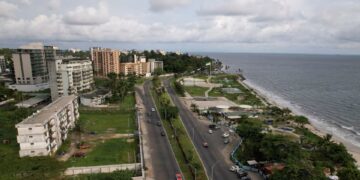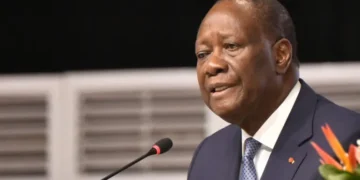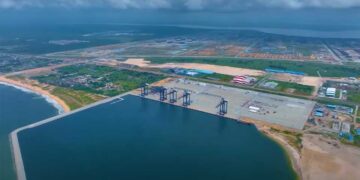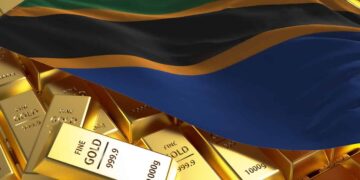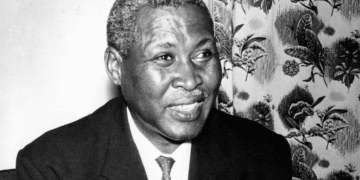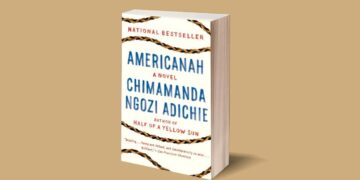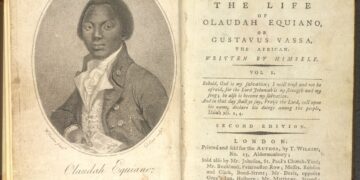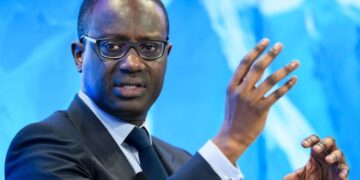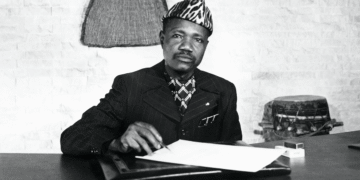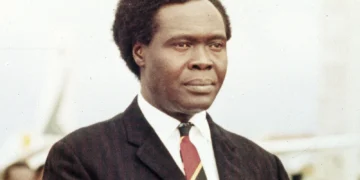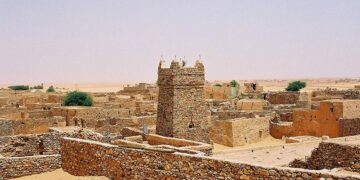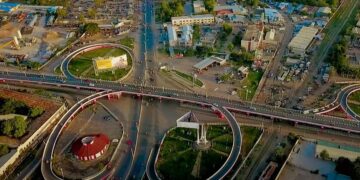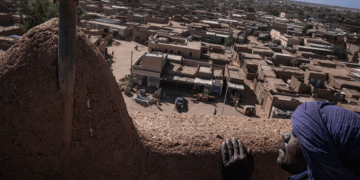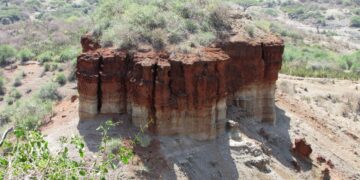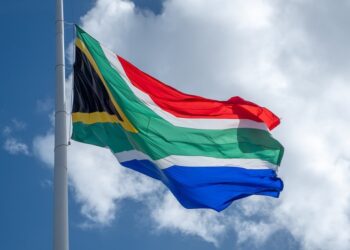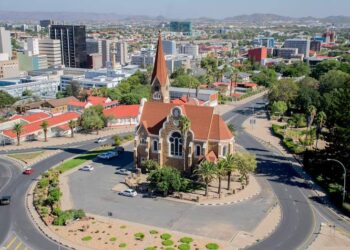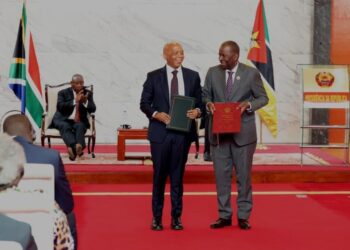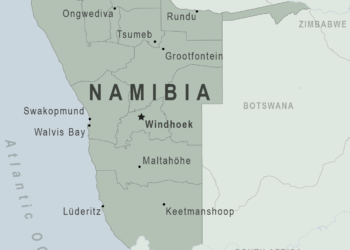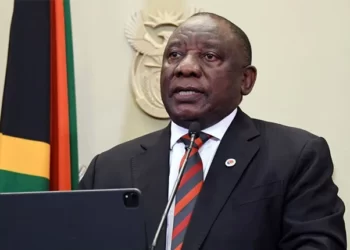The Ambundu are represented by 25% of the population of Angola and are also descended from Bantu tribes. They occupy the northwest region of Angola. The Ambundu today live in a territory reaching east from Angola’s capital city of Luanda. They are most prominent in the Bengo and Malanje provinces, as well as nearby Cuanza Norte and Cuanza Sul provinces. There are small communities in the Democratic Republic of the Congo.
The head of the main Mbundu kingdom was called Ngola, which is the origin of the name of the country Angola.
They are distinct from the Southern Mbundu and Ovimbundu people. Although the Ambundu speak the official language, Portuguese, they also speak their native language, Kimbundu. The Kimbundu script was created by Capuchin and Jesuit missionaries. While they created numerous texts and grammars, most of them revealed a fundamental ignorance or oversimplification of the Kimbundu language.
When they came to the area, they built permanent communities and began trading with local tribes. Although they share some similarities with the Ovimbundu group, the Ambundu are distinct in that they traditionally practice matrilineal land inheritance. In the 1550s, the Ambundu won independence from the king of the Kongo tribe, also known as the Bakongo ethnic group.
Their society has always been matrilineal. Land was inherited matrilineally, and the descent system was matrilineal as well. Boys used to go and live in the villages of their maternal uncles so as to preserve a matrilinear core to the village. Theoretically, the lineage was projected onto status, instead of individuals, which gave the system some flexibility.
By the late 1960s, Mbundu living in towns like Luanda and Malanje had acquired aspects of Portuguese culture. Many had intermarried with Portuguese, resulting in the formation of a completely new class called mestiços. Those who got formal schooling and thoroughly embraced Portuguese norms became assimilados.
When the People’s Movement for the Liberation of Angola (MPLA) was founded in 1956, the Mbundu were among its most ardent supporters. Agostinho Neto, the MPLA’s president, is the son of an Mbundu Methodist preacher and a graduate of a Portuguese medical school. In the 1980s, the Mbundu were the majority in Luanda, Bengo, Cuanza Norte, Malanje, and northern Cuanza Sul provinces.
During the Portuguese rule of Angola, the Mbundu economy underwent significant changes and was severely harmed. Many Mbundu farmers were compelled to work on farms after losing their land. Others were obliged to grow commercial crops. Only places producing export crops attracted colonial attention. As a result of these new land uses, subsistence farming has reduced.
Today, however, the traditional Mbundu farming method remains focused on the family as workers. They have mixed new and traditional crops, thereby expanding their food source.


